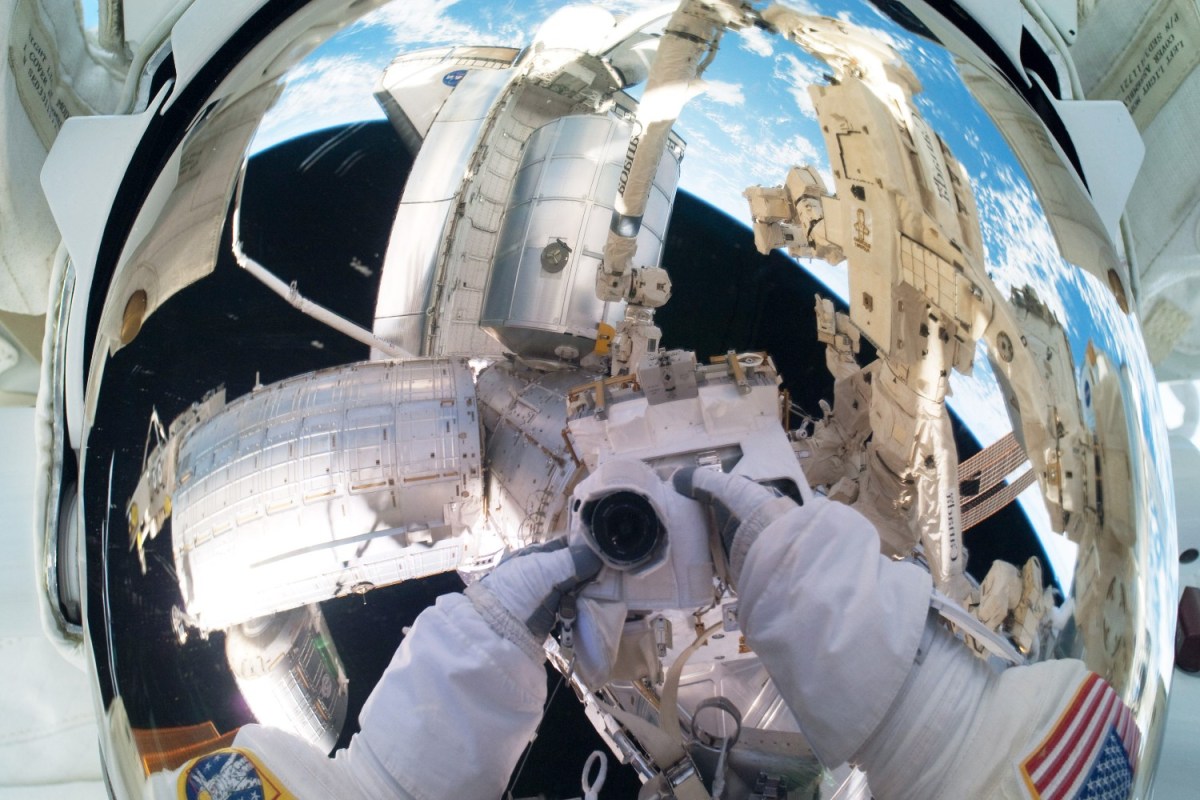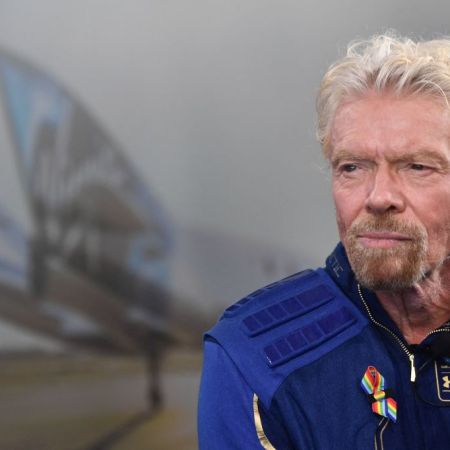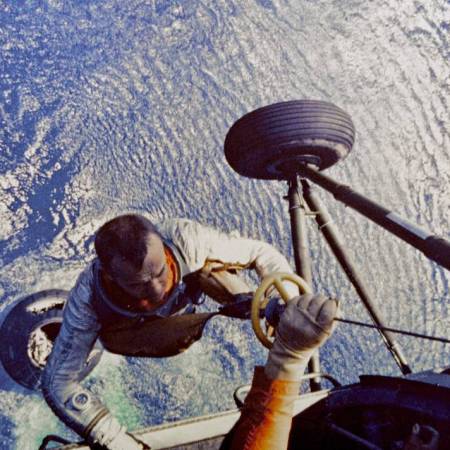There’s a lot that’s been written about how astronauts in zero gravity can do things that those of us on Earth take for granted, including eating and going to the bathroom. A lot of very intelligent people have also spent significant amounts of time pondering the logistics of sex in space. But there’s another area where a lack of gravity could turn an already unnerving moment into something much more dangerous, to wit: what happens if an astronaut has a health emergency in space?
As Elizabeth Howell reports at Space.com, the Canadian Space Agency is taking this question very seriously, and has sponsored a technology competition along with Impact Canada. The goal? Figure out how best to turn ingenious solutions to medical challenges on the planet’s surface into ways to keep people healthier in orbit. Five finalists recently presented their projects to a group of judges.
The five finalists represent a disparate array of approaches and technologies used to keep people healthy. They include everything from a robotic system used to treat cancers to a wearable device that astronauts could use to address health issues that stem from spending time in low or zero gravity. The winner is set to be announced in the Spring of 2024.
Astronaut Chris Hadfield Takes to the Skies With Cold War Thriller “The Defector”
It’s an absorbing blend of history and fictionThis isn’t the first time a number of scientists and engineers have pondered the best ways to deal with health emergencies in space. In 2020, The Conversation’s Nina Purvis wrote about some of the challenges facing experts when considering zero-gravity surgery, from the behavior of human intestines to the best role for 3-D printers. A robot designed to assist in surgery is set to go to the International Space Station next year, and the ideal use of such technology is something that’s also been hotly debated.
With space exploration becoming a going concern for both more nations and private enterprises, some sort of health emergency in space is bound to happen at some point. Hopefully, the thinkers wrestling with those questions will have already anticipated the issues at hand when it does.
This article appeared in an InsideHook newsletter. Sign up for free to get more on travel, wellness, style, drinking, and culture.



















